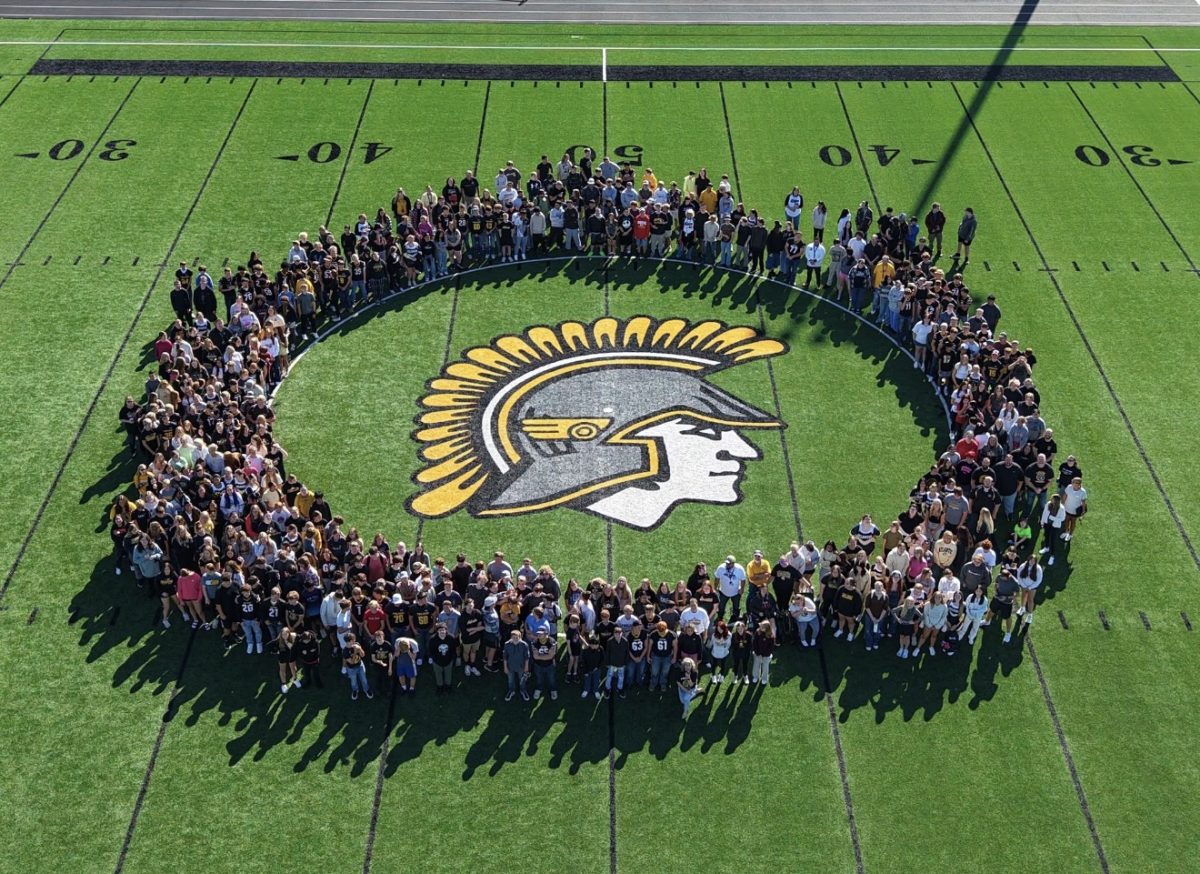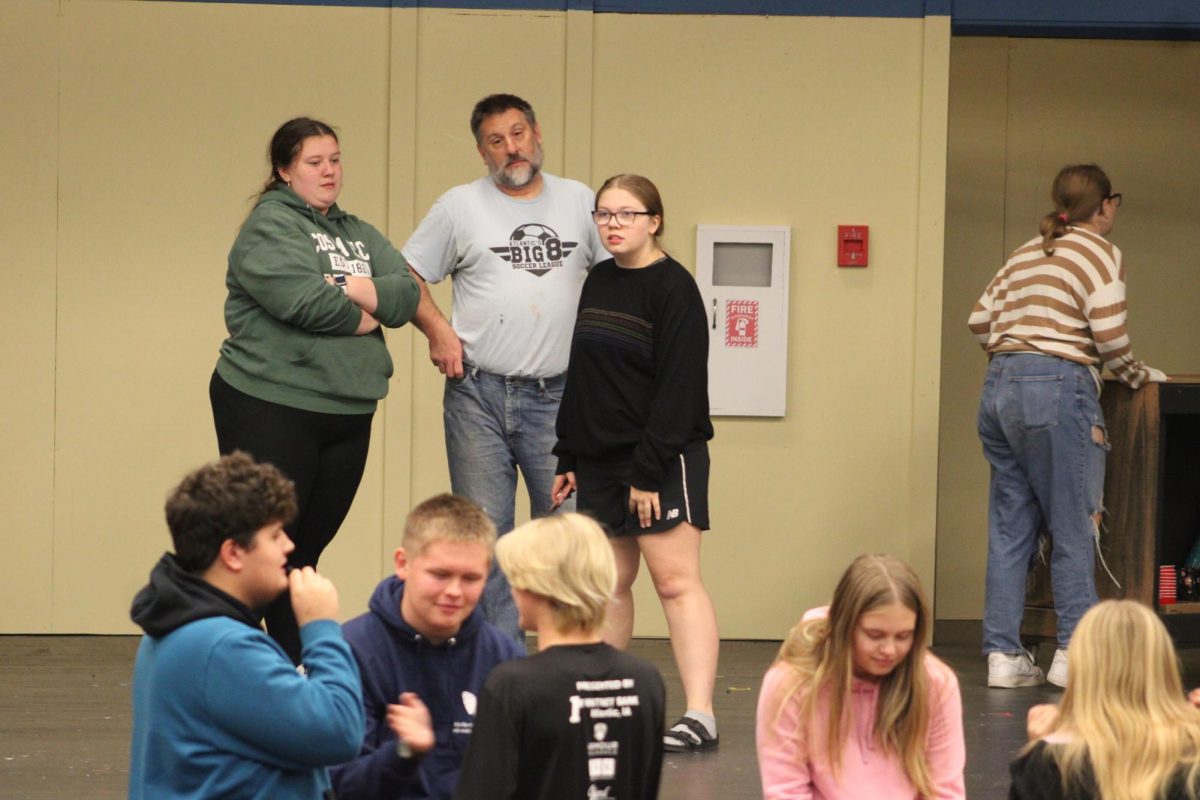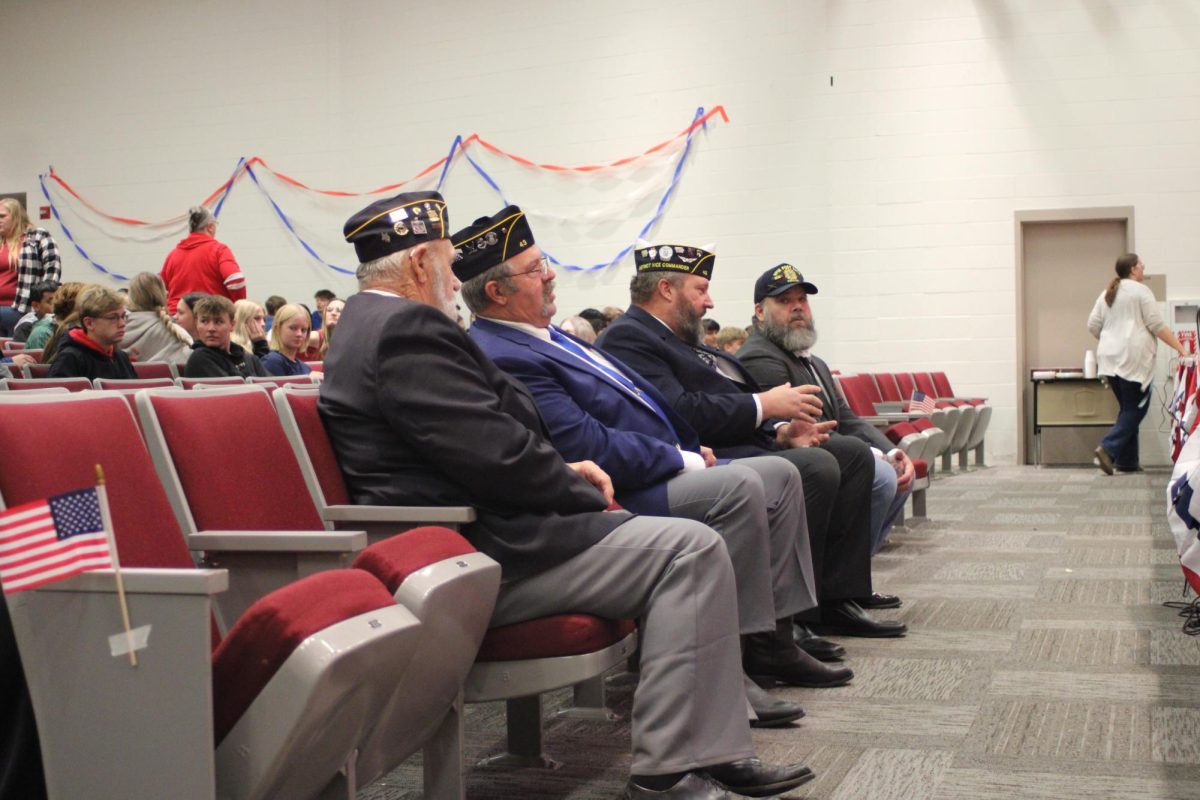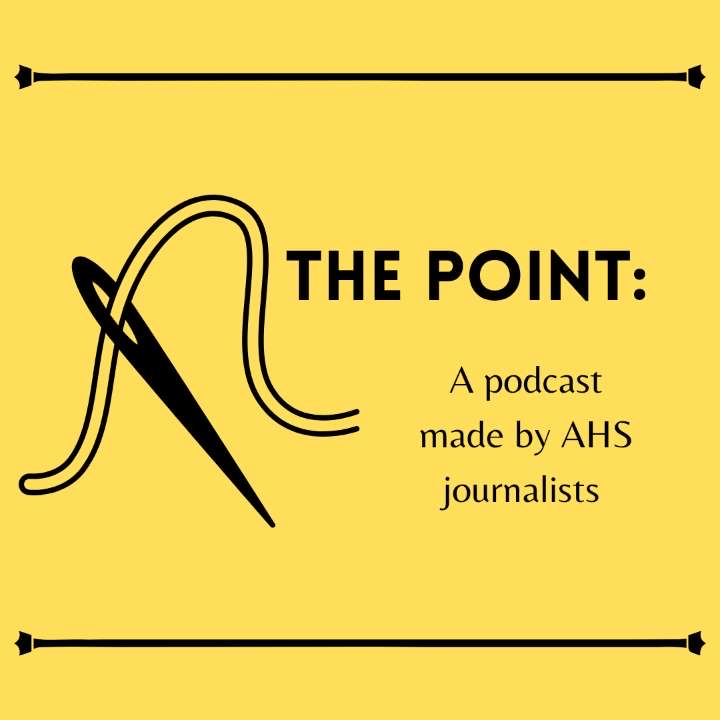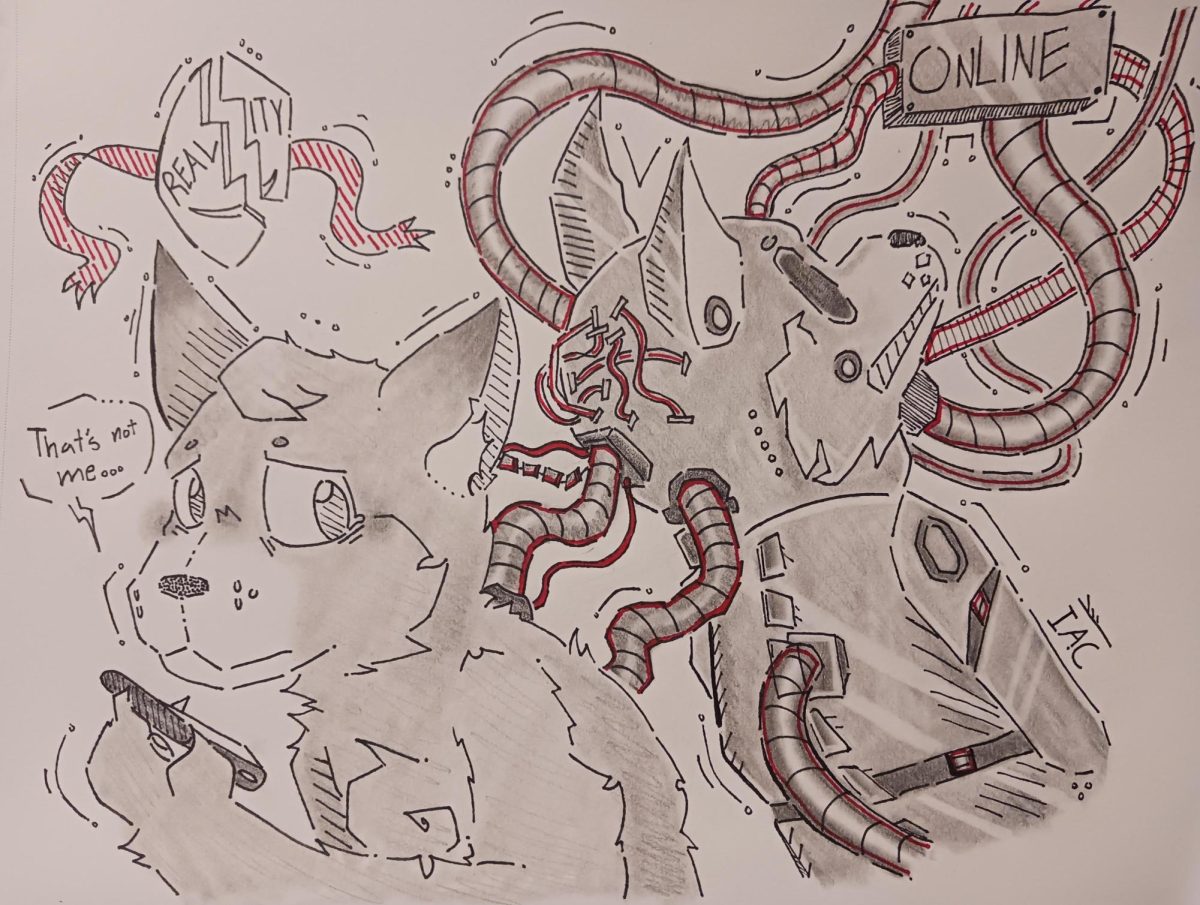On the Line
Officers in Atlantic and around the U.S. often find themselves in the public eye.

The Atlantic Police Department has a close relationship with Atlantic High School. They put forth the effort to keep every student safe.
May 21, 2021
Articles regarding the challenges faced by police officers reach many news platforms daily. Some headlines project the idea that police officers may be overstepping their boundaries; others proclaim that anti-police sentiment puts the safety of our communities at risk. There is misunderstanding concerning the challenges faced by police forces in small communities such as Atlantic, as well as in urban areas like Des Moines.
According to CNN, in the year 2020, 264 law enforcement officers died in the line of duty. This is the highest death rate since 1974. Many of the deaths are believed to be linked to COVID-19. Some deaths were physically connected to the virus, while some were outcomes of it.
Along with COVID-19, the Black Lives Matter movement surged in the summer of 2020, bringing political unrest to many communities across the nation. The world saw one of its first tests of the year on May 25, 2020. This was the day George Floyd was murdered by a police officer, Derek Chauvin. This moment led to increased scrutiny of law enforcement. Des Moines police officer Paul Parizek said, “We all knew it was wrong when we saw it happen. Chauvin faced justice and justice was served.” Parizek is a sergeant in the city of Des Moines, which has a population of 215,600. He also is the public information officer and runs the department’s social media accounts.
Over Parizek’s 30 years of working in law enforcement, he has faced amplitudes of problems. From helping a woman deliver a baby in the back of a truck, to losing one of his best friends who was killed in a drive-by ambush while on duty, there is no doubt that the challenges police officers face run deeper than the headlines.
Lieutenant Devin Hogue is a police officer for Atlantic, a rural community of 6,600. Hogue described his local point of view on the job as a small town police officer. The Atlantic Police department has a close relationship with Atlantic High School and takes many precautions to keep the students and staff as safe as possible.
There are many concerns for the Department regarding students and the public. One of the main troubles for the Department is the transportation of the students due to students coming in and out of town and weather being a concern with young and inexperienced drivers. “Smaller concerns are just the fact that everyone makes it there safely each day,” Hogue said.
The precautions the police departments take include the A.L.I.C.E. (Alert, Lockdown, inform, counter, and evacuate) program since 2013. The A.L.I.C.E. program helps schools prepare in the event of an active shooter or intruder. Student Caroline Pellet said, “I feel protected because of the police relationship with the school and how safe our community is.”
The police department has struggled to train incoming teachers on how to keep the students safe. In the fall of 2020, COVID-19 precautions prevented Atlantic High School from allowing visitors, so it was a struggle to bring police into Atlantic High School to update the training according to Houge.
No matter if officers serve in a rural community like Atlantic or an urban area like Des Moines, there are differing thoughts on the departments. Parizek said, “The bad deeds of some are reflected on all of us.” With our nation’s enforcement being in the public eye, social rebellion takes over social media headlines regularly. Hogue also said, “It seems more and more that no matter what we do it is scrutinized and questioned more.” With a tough job, officers keep safety a top priority for our community.



